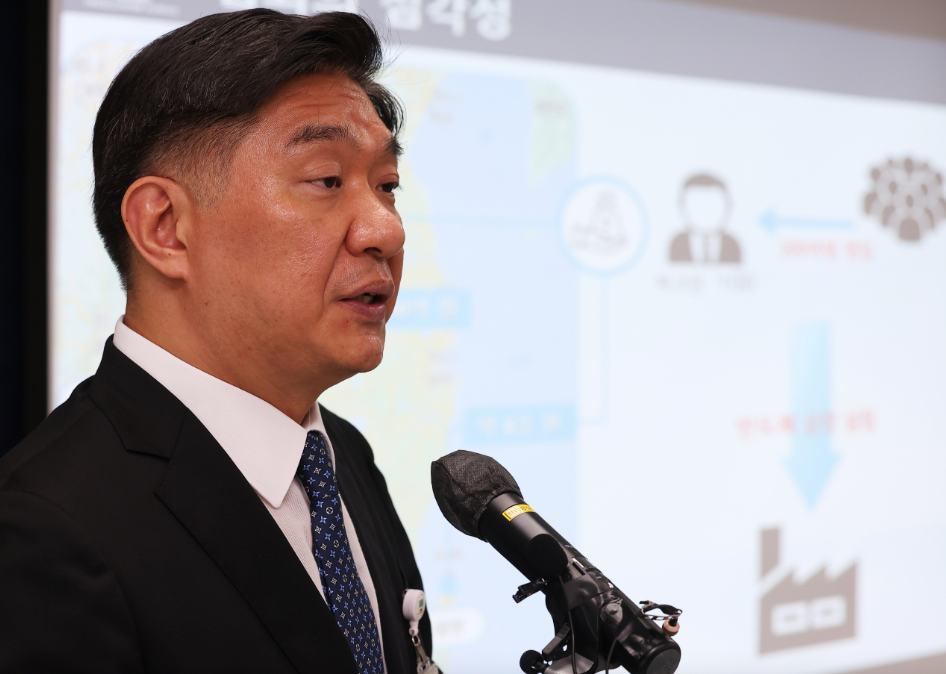|
Getting your Trinity Audio player ready...
|
In a significant development, a former Samsung executive has been apprehended by authorities for allegedly leaking confidential business information to establish a replica semiconductor manufacturing plant in China. The Suwon District Prosecutors’ Office made the announcement during a press conference on Monday, shedding light on the details of the case.
The 65-year-old former executive, whose identity remains undisclosed, was taken into custody for violating the Prevention of Divulgence and Protection of Industrial Technology Act and the Unfair Competition and Trade Secret Protection Act. Additionally, six other employees who worked under the executive were indicted but not detained.
According to the prosecution, the accused individual had an extensive career spanning 18 years in Samsung’s chip division and had also served as a vice president at SK Hynix, the world’s second-largest memory chip manufacturer after Samsung.
The former executive stands accused of illicitly acquiring confidential business information and misusing the data between August 2018 and 2019. Prosecutors suspect that the individual aimed to establish a chip plant in China, utilizing proprietary information from Samsung, including vital engineering data known as basic engineering data (BED).
This data is crucial for optimizing the production environment to eliminate impurities. Additionally, the accused had access to eight key floor plans, which detailed the placement of manufacturing equipment.
The prosecution alleges that the former executive acquired the chip plant layout and data from a contracting firm associated with Samsung. Subsequently, this information was passed on to a construction company with the intention of building a replica manufacturing plant merely 1.5 kilometers away from Samsung’s existing Xian plant.
It is important to note that the BED and floor plans pertaining to the production of 30-nano and smaller DRAM chips, as well as Nano flash memory, are considered national strategic technologies and are safeguarded by South Korean law.
The prosecution revealed that the former executive had secured two investment contracts, amounting to 460 billion won from China’s Chengdu City and 8 trillion won from a Taiwanese electronic appliances company, for the proposed chip production plant.
Although the construction plans for the copycat factory collapsed after the Taiwanese company withdrew its investment contract of 8 trillion won, the executive managed to produce prototype chips using Samsung’s technology, thanks to the funding provided by Chengdu City.
Furthermore, the former executive hired approximately 200 chip experts, including individuals with prior work experience at Samsung and SK, by offering them lucrative salaries. The confidential information leaked is estimated to be worth at least 300 billion won, if not more, as it represents the culmination of decades of simulation, research, and development efforts at Samsung.
In response to the situation, the prosecution stated, “We are taking stern legal measures against [the executive’s] attempt to copy Samsung’s semiconductor manufacturing plant entirely to build another one. It is a serious criminal act that can damage the foundation of Korea’s chip industry amid fierce competition in semiconductor production.”
The case highlights the importance of protecting intellectual property and confidential information in the highly competitive semiconductor industry, where technological advancements and trade secrets play a pivotal role in companies’ success.



